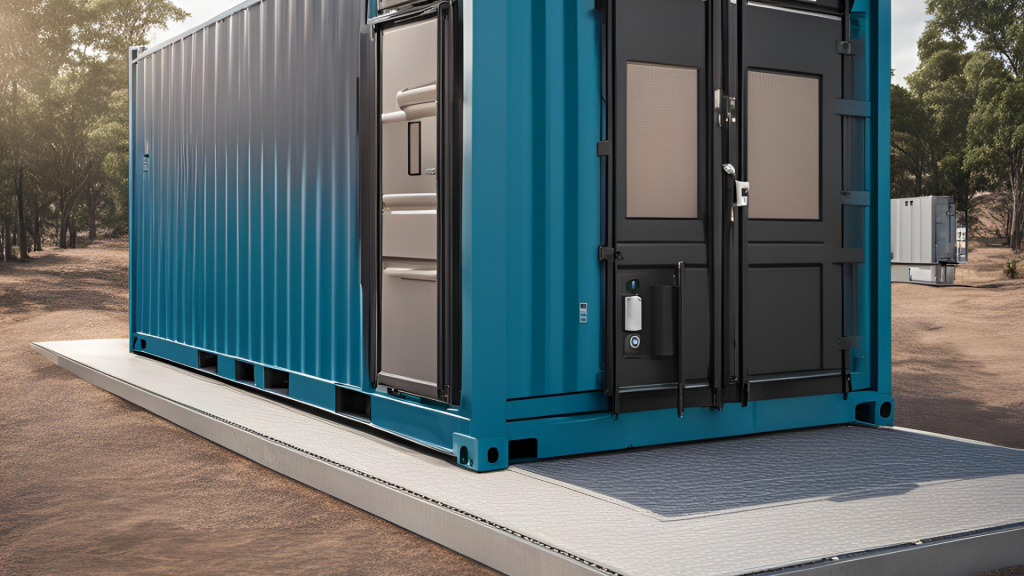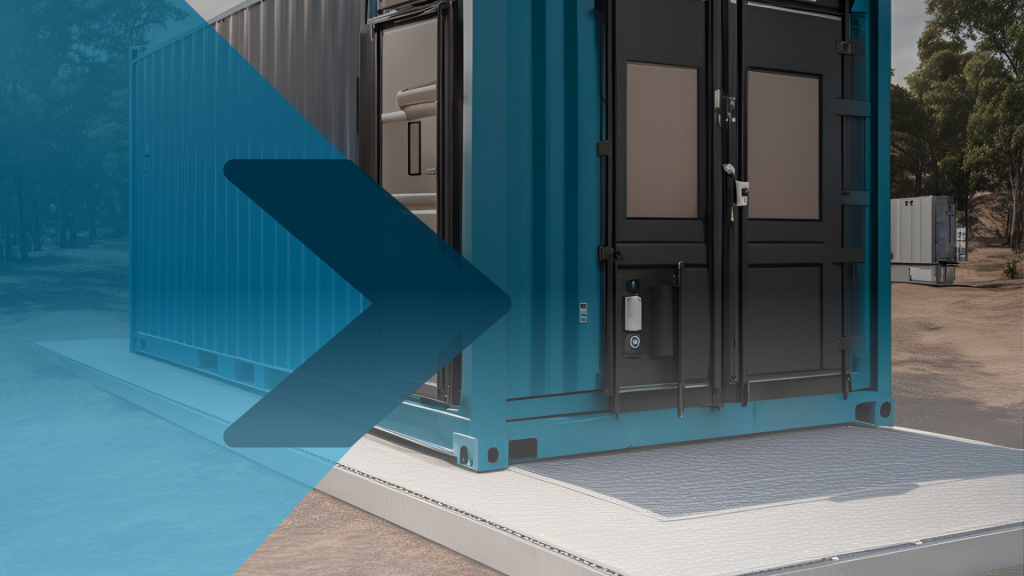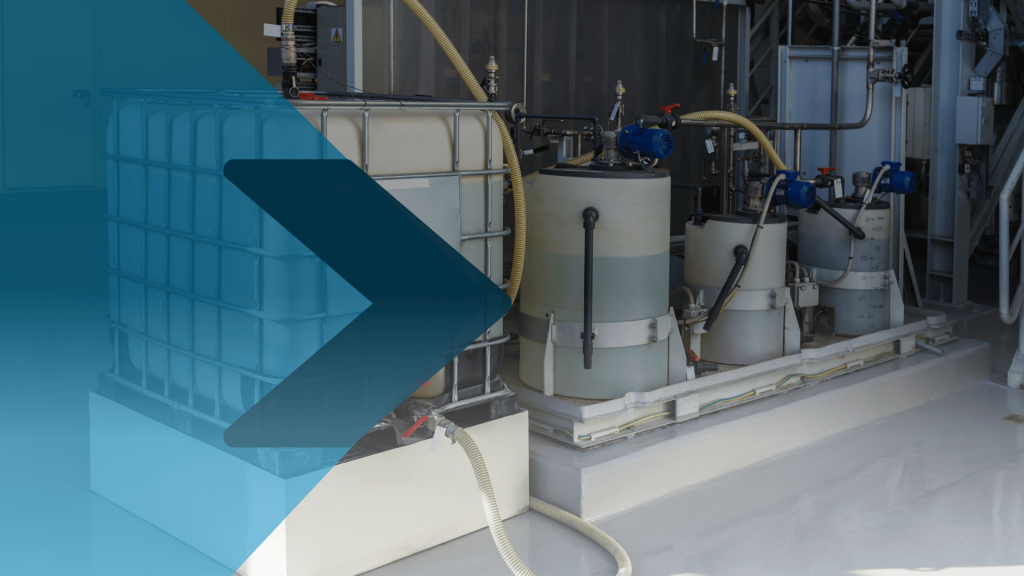
The benefits of containerised water treatment systems
The benefits of containerised water treatment systems
Water treatment is a crucial process for many industries striving to meet wastewater regulations and support the transition to a circular economy. As the demand for sustainable water management grows, industries seek solutions that offer bespoke design, scalability, and portability. One such innovation is the containerised water treatment system—a flexible, efficient, and environmentally friendly solution.
What is a Containerised Water Treatment System?
A containerised water treatment system is a self-contained unit designed to purify water in remote or temporary locations. Housed within a secure, transportable shipping container, these systems offer a modular approach to water treatment, making them ideal for industries requiring on-site wastewater management.
What Does a containerised system contain?
Containerised water treatment systems typically include:
- Chemical Dosing Station: Ensures the correct balance of chemicals to neutralise contaminants and optimise treatment.
- Brine Tanks: Store and manage concentrated waste for appropriate disposal.
- Control Cabinet: Centralised control unit for automation and monitoring.
- Water Treatment System: Which vary from Reverse Osmosis (RO), Ultrafiltration (UF) and Nanofiltration (NF).
The ability to incorporate any of these water treatment technologies offers profound flexibility, allowing the system to adapt to various stages of wastewater treatment. This adaptability makes containerised systems suitable for a wide range of industries, ensuring efficient and customised solutions for different water treatment needs.

Advantages of a containerised water treatment system?
- Effective Combined Sewer Overflow Treatment: These systems efficiently treat overflow water, reducing pollution and preventing untreated wastewater from entering natural water bodies.
- Versatile and Portable With a plug-and-play design: containerised systems are easy to install and relocate, making them ideal for temporary or changing operational needs.
- Scalability: The modular nature allows for system expansion as demand increases, making it a future-proof investment.
- Reduced Footprint: The compact, containerised design requires less space than traditional water treatment plants, making it suitable for space-constrained locations.
- Reduced Risk: As these systems are built and tested off-site, there is less health and safety risk during on-site installation and operation.
Which industries would benefit from a mobile water treatment?
- Construction Sites: Provides on-demand wastewater treatment for temporary worksites, ensuring compliance with regulations and reducing environmental impact.
- Mining & Quarrying: Handles process water and tailings treatment, preventing contamination and supporting resource recovery.
- Utilities: Supplements municipal water treatment facilities, offering a scalable solution for growing demand.
- Food & Beverage: Ensures wastewater compliance while enabling water reuse in production processes.
- Healthcare Facilities: Treats medical wastewater to prevent the spread of contaminants and maintain hygiene standards.
- Defence and Emergency Response: Provides rapid deployment solutions for clean water supply in disaster relief and military operations.
Conclusion
Containerised water treatment systems offer a sustainable, flexible, and scalable solution for industries looking to improve wastewater management. Their portability, efficiency, and ability to support circular economy principles make them a valuable investment in sustainable water treatment.
For more information on our systems, contact us on 01902 458 501 or via our contact form—our team is happy to assist you.
Get in touch with us
Submit your enquiry and our team will contact you


